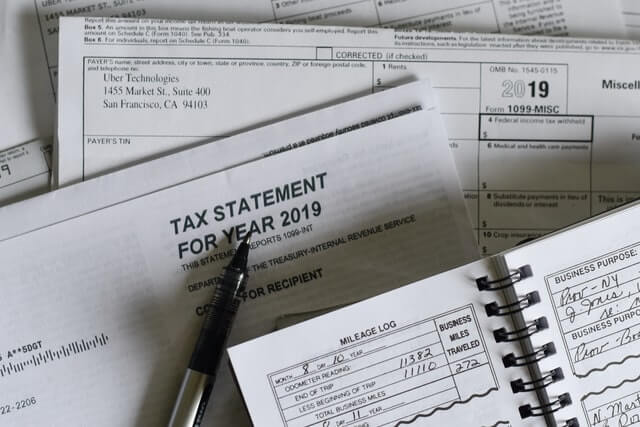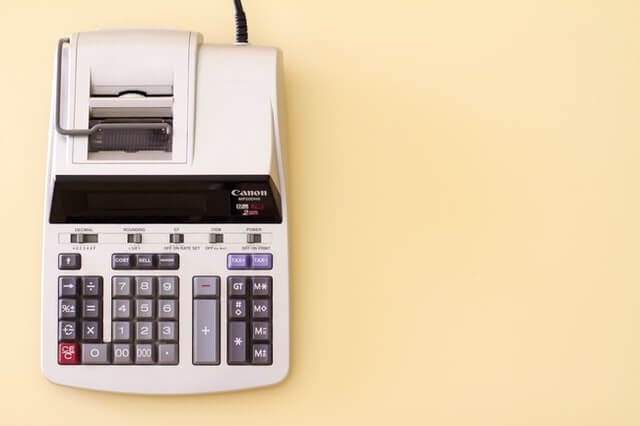Taxation is not an easy subject to tackle. The topic of taxation can be intimidating to the average person. However, it is perfectly understandable since it includes highly technical terms and numeric formulae.
As an aspiring landlord or rental agent, you could not avoid the subject if you want to do business in the residential rental industry.
You must know how to navigate around taxation to ensure income, maximize earning potential, and avoid paying more than the amount of tax required from you.
One article might not be enough to cover the entire subject of taxation. However, just by knowing the basics, you can already save yourself from getting into tax woes.

Rental Income is Taxable
Yes, the income you earn from your rental properties is subject to tax. However, not entirely. Deducting specific expenses can help you reduce your taxable rental income. For example, you can deduct expenses incurred while preparing the rental property for new tenants.
When to Submit Rental Income Tax
When filing tax returns, you need to report all income you received in a year, even advanced payments intended for the succeeding year. For example, you collect rent for January 2023 on December 2022. You have to report it as part of your income on your 2022 tax returns.
The same goes for security deposits and last month’s rent. They will get taxed in the same year they are collected. The deposit will not be reported as income if the landlord plans to return it to the tenant once their tenancy ends.
If tenants pay rent in the form of goods or services, the value of such goods or services must be reported as rental income. Like monetary rental payments, they will fall on the tax returns in the year they were received.
There are setups where a tenant pays rent in cheques. If the tenant placed the cheque for January 2022 rent in your mailbox in December 2021, you must report it as income for 2021. You can’t intentionally let the cheque overstay until 2022 inside the mailbox so you can evade reporting it.
Ownership Matters
Taxes owed depend on the ownership of the rental property. A landlord can acquire it in the following ways:
• Personally
• In a Partnership
• In a corporation

Personally
This is when you own the rental property yourself. The investment property is classified as a sole proprietorship since you own and manage it yourself. Therefore, the property will be taxed based on your personal income because it will not be viewed as a separate legal entity. The required amount you will pay depends on your applicable marginal tax rate.
For every rental property you own, you would have to submit a Statement of Real Estate Earnings (a.k.a. Form T776). The form provides a summary of your rental revenues as well as deductions. It would help in computing the taxable income that will be indicated on your personal tax returns.
If you also earn revenue from managing properties, you need to file Form T2125 (a.k.a., Statement of Business or Professional Activities document). Receipts are required for income tax purposes. Landlords must keep them well.
Partnership
When you acquire a rental property together with a family member or friend/s, your business will be classified as a partnership and you and your fellow investors will be considered co-owners. Similar to a sole proprietorship, a partnership is not considered a separate legal entity, and therefore, it is not required to have a separate tax return.
The rental income is normally shared among partners, depending on the ratio stated in the partnership agreement. Your respective share of the rental income must be added to your personal income.
You can find everything you have to know regarding the rental income tax rate for partnerships in Section 96 (1) of the Income Tax Act. You may need to submit a Statement of Partnership Income (T5013).

Corporation
There are multiple aspects to consider to determine the rental income tax rate of a rental property owned by a corporation. A corporation is viewed as a separate legal entity. Rental income goes to the business, so the company is responsible for paying taxes.
The corporate tax rate includes both provincial tax and federal tax. The provincial tax varies among provinces (e.g., Ontario’s provincial tax rate on rental income is 11.50%). On the other hand, the federal tax rate is 38% in all Canadian provinces.
However, both provincial and federal governments offer tax breaks. Therefore, those rates do not apply to all corporations. The setup of the corporation will determine the corporate tax rate and tax credits it is qualified for.
Retained earnings, or the funds left after taxes, will be distributed as dividends to the corporation’s shareholders. A shareholder’s dividends will count as his personal income. It will be taxed depending on their marginal tax rate.
Usually, the tax rate is reduced for setups where shareholders are paid with dividends to prevent double taxation.
As mentioned earlier, taxation has a vast scope. It could get too overwhelming. You could go for the option of hiring a professional tax accountant or property manager. They could help you navigate the ins and outs of rental income taxes and build a strategy that would benefit your rental business.
Once you get past that task, you can focus on marketing your rental properties. Publish a listing on Padleads. The platform allows you to syndicate your listing to other popular websites to increase your market reach.